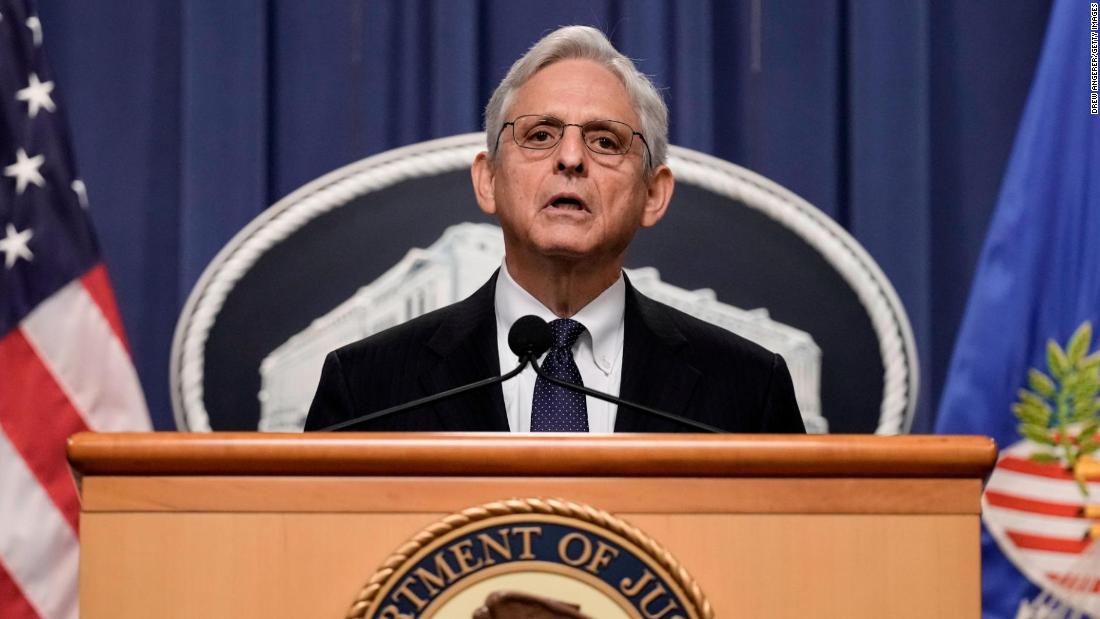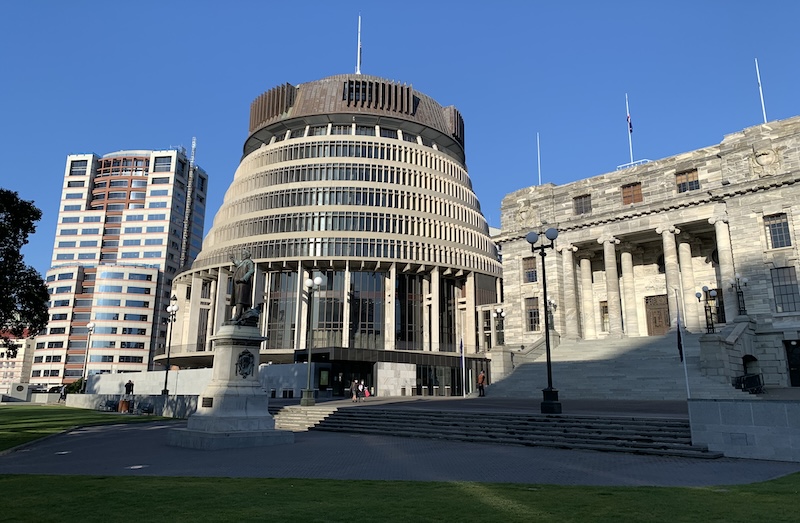By: David Brown
Nguyễn Phu Trọng, the 78-year-old leader of Vietnam’s Communist Party, insists that he is ready to retire whenever the party’s central committee agrees on a worthy successor. Doubtless with a tacit nod from Trọng, state-owned publishing houses are compiling gift editions thick with his speeches and writings over a 55-year career.
Trọng is the real deal, a long-term leader without a trace of grandiosity. His grandfatherly bearing and modest lifestyle are deceptive; he’s tough as nails. For a decade, he’s shown no mercy when party heavyweights, even long-time comrades, are revealed to have been trading favors for cash or – perhaps worse – found to be entertaining doubts about Marxist-Leninist doctrine. In 2015, he crushed a bid by the incumbent prime minister to supplant him as general secretary. Unchallenged since, Trọng has labored mightily to purge the party of corruption and fuzzy thinking. It’s an unending battle.
After a stroke felled Trọng for a while in 2019, he proposed his loyal hatchet man as his successor. When most of his colleagues on the central committee gagged on that, Trọng decided that sick or not, he wasn’t ready to retire. Instead, he manipulated party rules to secure an unprecedented third term at the helm.
As the midpoint of that third term approaches, other would-be successors are maneuvering, discreetly of course. None of the leading candidates seem to share Trọng’s passion for reform although that is possibly the price of his graceful exit from political life.
What’s driving Trọng?
The successes and shortfalls of Trọng’s drive to suppress corrupt dealings by senior officials have been widely reported, including here. Less visible but equally significant is Trọng’s intra-party campaign to stamp out the heresies of “self-evolution and self-transformation.”
By all the evidence in the public domain, Trọng has never wavered in his conviction that only socialism – the Leninist sort, in which a vanguard party “actualizes the people’s right to mastery” – can lead Vietnam to “a qualitatively new type of society . . . that actively harnesses people’s creativity, support and active participation.”
And yet, as Trọng neared retirement age after long service as a theoretician and professor of ‘party-building,’ he perceived that the party of Ho Chi Minh was rotting from within. In an era of abundant opportunity for self-dealing, officials were getting rich and ordinary citizens were losing faith in the Communist Party.
Shoring up merely the Party’s performance legitimacy is not enough in Trọng’s reckoning. It must also demonstrate its moral legitimacy by weeding out rent-seekers and backsliders.
“A large number of cadre have been degraded in political ideology, ethics and lifestyle,” Trọng told a plenum of the CPV’s central committee in October 2016. These cadre go so far as to “demand ‘pluralism,’ clamor for the ‘separation of powers’ and [praise] ‘civil society.’ . . . They take advantage of the media and social networks to deny the Party’s leadership role.”
The central committee is the most representative and in recent years the most powerful of the party institutions; its approximately 200 members include sizeable blocs of city and province leaders, central government officials, and representatives of state-owned enterprises as well as members drawn from the various offices that make up the CPV’s headquarters. They obliged Trọng by passing Resolution #4. It’s a lengthy document that authorized him to (in his words) “reverse the degeneration in political ideology, morality, and lifestyles . . . among leadership and management cadres.”
In contrast to Trọng’s very public campaign to identify and prosecute corrupt officials, the campaign against ‘self-evolution’ and ‘self-transformation’ has been pursued as an internal CPV matter. An excess of self-confidence, Trọng has explained, manifests itself in a cadre’s “saying whatever he wants, taking issue with [party] regulations and the party line. When that happens, is he still a party member, let alone a cadre?”
Resolution #4 led almost immediately to the Party’s expulsion of some long-serving liberal intellectuals. Other party members became more circumspect, at least in their public utterances.
Social media defanged; civil society stigmatized
Resolution #4 also shored up the theoretical foundation for a largely successful drive to curb free debate in the cybersphere and to anathematize civil society organizations.
By 2016, both Facebook and the Google subsidiary YouTube had become extremely popular in Vietnam, inter alia as places to post content critical of the party-state. Hanoi demanded that this stop. The social media giants explained that censoring content was contrary to company policy. Hanoi ordered Vietnamese companies to pull their advertising from the two platforms. YouTube promptly complied, rather than lose most of its income in the profitable Vietnamese market. Facebook tried to negotiate, to no avail.
Bit by bit, the social media giants gave ground rather than lose a market said to be worth a US$1 billion annually. By 2020, Vietnamese authorities were able to report that both platforms had become good internet citizens. The Ministers of Public Security and Information commended YouTube and Facebook for promptly deleting posts fingered as hostile or offensive by the regime’s army of content monitors and, moreover, for suspending Facebookers who persisted in posting such content.
Also after the adoption of Resolution #4, party organs became sharply less tolerant of civil society organizations not affiliated with the government. Party media asserted that these were the tools of external “hostile forces” intent on undermining the CPV’s leadership and national unity, and on propagating capitalist notions of individual liberty, inherent human rights, and multi-party political systems.
The party-state campaign to stigmatize civil society groups showed first as intensified repression of the relative handful of radicalized citizens who dare to protest the regime’s politics. A few hundred are now serving jail terms for their indiscretions; others have grown more circumspect.
Further – and this was new – party organs have taken to conflating the political protestors with the many more Vietnamese who choose to work in voluntary groups, independent of party leadership but often cooperating with government offices, for the achievement of social goals as diverse as combating child abuse, advocating for animal rights, or distributing food to people in need.
The leaders of several civil society organizations that have collaborated with the government at the national level were arrested early this year. The most prominent of them, the founder and leader of the environmental policy advocacy group, Green ID, had worked closely with staff of the prime minister’s office planning Vietnam’s multi-year transition from reliance on coal to reliance on the nation’s abundant solar and wind power resources. Convicted on a charge of tax evasion in June, she is serving the balance of a two-year jail term.
The End of an Era?
A solid majority of Trọng’s CPV leadership colleagues were persuaded in 2011, 2016 and again in 2021 that he was the man to “reverse the degeneration in political ideology, morality, and lifestyles . . . among leadership and managerial cadres.” There’s still no shortage of fuel for Trọng’s ‘fiery furnace.’ Simply put, the party leader has confounded expectations that his campaigns would be short-lived and target only his rivals and their cronies.
Only time will tell if Trọng has stemmed the Party’s internal rot or simply slowed it down. Successful or not, Trọng is admirable in his own way. In an era of cynics, he’s a true believer, tenacious in the face of persistent disappointment, a leader who models the behavior that he expects of his subordinates.
In a recent profile, Reuters described Trọng’s image as “that of a man who detests excess, refusing expensive Lunar New Year gifts from friends.” He and Ms. Trọng live in a modest villa by one of Hanoi’s many lakes, a short drive from his office. Their two children, said to be officials, are never mentioned by the Vietnamese press.
Vietnam’s three-time party leader is no longer healthy: the attention that Vietnamese newspapers gave to a recent, carefully curated day trip indirectly makes that point. It was Trọng’s first venture out of Hanoi since his April 2019 stroke. He traveled by auto to Yên Tú, a pagoda complex 130 km east of Hanoi that is associated with 13th century scholar-king Trần Nhân Tông.
It was, perhaps, a good opportunity to pray that the CPV’s central committee will choose as a successor a general secretary who meets his standards and will continue his quest.





















Discussion about this post